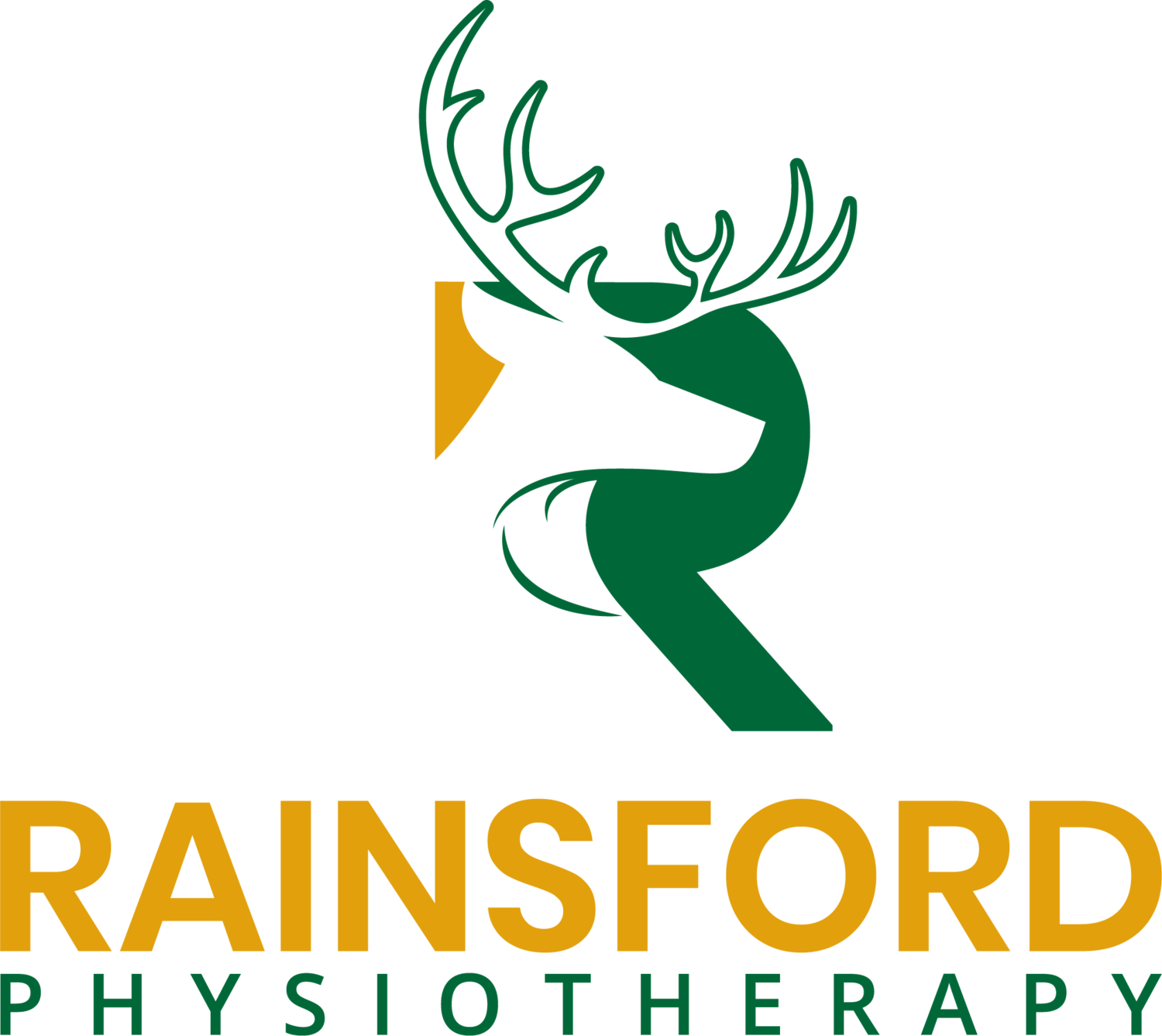Physical Therapy for Healthcare Providers: Taking Care of the Caregivers
Healthcare providers dedicate their careers to helping others heal, but this focus can sometimes lead to neglecting their own health and wellbeing in the process. Whether you're a Nurse lifting patients, a Massage Therapist using your hands for hours each day, or a Physician trying to squeeze in a morning run despite nagging pain, many healthcare workers have challenges with their body that impact both their professional and personal lives. Fortunately, Physiotherapy interventions can help healthcare providers manage and overcome these issues, improving their quality of life and their ability to care for others.
In this post, we’ll explore why prioritizing your physical health is essential for providing the best possible care to your patients.
The Nurse with Lower Back Pain
Nurses are on their feet for long shifts, often lifting and repositioning patients, which can place significant strain on their lower backs unless proper body mechanics and trunk strength is consistently used. For a Nurse who is dreading personal care tasks due to persistent back pain, Physical Therapy can provide a lifeline. Physiotherapists can assess the underlying causes of the pain, whether it’s due to poor posture, weak core muscles, or improper lifting techniques. Treatment may include targeted exercises to strengthen the core and back, manual therapy or IMS to release tension, and education on body mechanics to prevent future injuries.
For a nurse who constantly deals with lower back pain, seeing a Physiotherapist can help not only relieve symptoms but also prevent future injury, allowing them to continue providing excellent care to their patients without compromising their own health.
The Massage Therapist with Overuse Injuries
Massage Therapists use their hands, arms, and shoulders repetitively throughout the day. Over time, this has the potential to lead to overuse injuries like tendinitis, carpal tunnel syndrome, or rotator cuff strains. A Massage Therapist dealing with these issues may find their work increasingly painful and difficult, and without intervention, the injuries can worsen.
Physiotherapists can offer a range of treatments for overuse injuries, including stretching and strengthening exercises, manual therapy or IMS to improve joint mobility and muscle tension, and ergonomic advice to reduce strain during work. By addressing these issues early with Physiotherapy, Massage Therapists can avoid the need for prolonged time off or more invasive treatments down the line.
The Physician with Foot Pain
Physicians are often so focused on treating their patients that they can’t also focus on their own Physical well-being as much as they would like. For a Physician who loves to run, for example, but is experiencing foot pain, it’s easy to think that they simply have to endure it. However, Physical Therapy can offer relief and prevent further injury.
A Physiotherapist can assess the source of the foot pain, whether it’s due to improper running form, footwear, or underlying conditions like plantar fasciopathy or calcaneal fat pad syndrome. Treatment may include specific exercises to improve strength and flexibility, taping or orthotics for support, and advice on modifying running technique. By addressing the root of the problem, Physicians can return to their favourite activities pain-free.
Pharmacy and Radiology Technicians with Repetitive Strain Injuries
Pharmacy and Radiology Technicians often perform repetitive tasks such as typing, scanning, or stocking shelves, leading to repetitive strain injuries (RSIs) like tendinitis or carpal tunnel syndrome. These injuries can become chronic if left untreated, affecting both work performance and daily activities.
Physical Therapy for RSIs focuses on reducing pain and inflammation, improving flexibility, and correcting posture and ergonomic habits. A Physiotherapist can guide technicians through exercises and manual therapy that stretch and strengthen affected muscles and joints, while also offering strategies to minimize strain during repetitive tasks. With the right approach, RSIs can be managed effectively, allowing technicians to work comfortably and without pain.
Prioritizing Self-Care with Physiotherapy
As a healthcare provider, you understand the importance of early intervention and preventive care. Yet, it’s easy to neglect your own health when you’re so focused on helping others. Physiotherapy offers a proactive way to address pain and injuries, helping you avoid burnout and allowing you to perform your job more effectively.
By booking a Physiotherapy session, you’re not just addressing your pain—you’re investing in your long-term health and wellbeing. A Physiotherapist can provide personalized treatment plans tailored to your unique needs and job demands, helping you stay healthy, and pain-free in the long run.
Don’t wait until the pain becomes unbearable or an injury forces you to take time off work. Take action today to prioritize your self-care and ensure that you can continue doing the work you love, free from pain and discomfort.
- Thanks for reading and keep looking for more posts in the future on other ‘hot topics’ in the world of Physiotherapy and Physical Rehabilitation!

